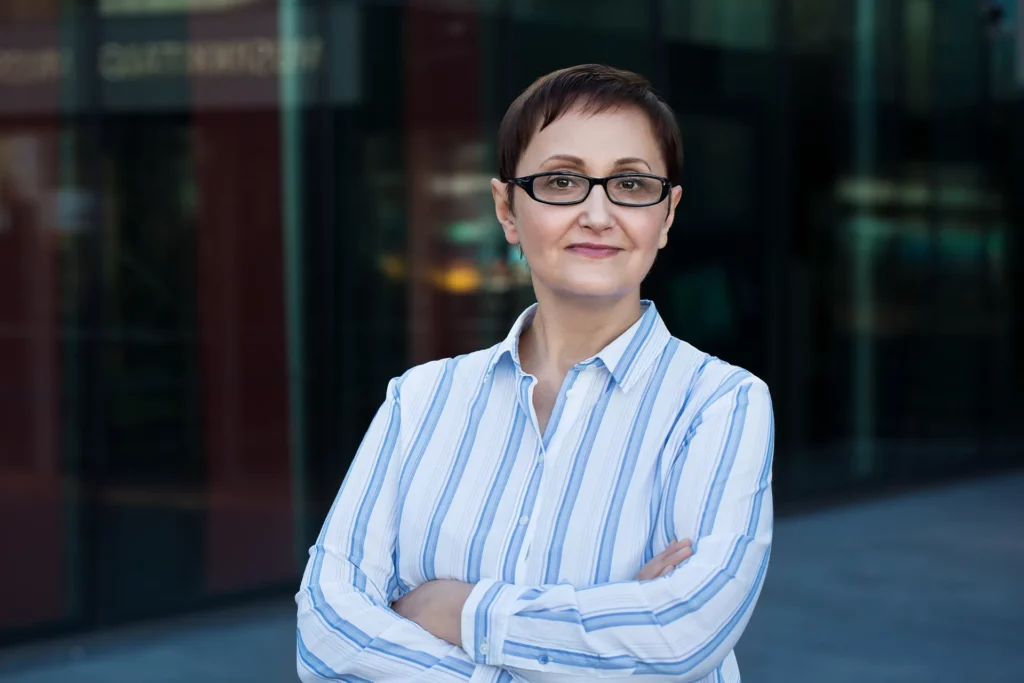
CEO. Independent school principals in the common vernacular in Australian schools and chief executive officers (CEO), as understood in not-for-profit businesses and corporations.
As in the corporate world, principals in independent schools sign a formal contract of employment with the board which stipulates the terms and conditions of appointment; duties and responsibilities; the principal’s relationship with the board; the board’s responsibilities to the principal; remuneration and salary benefits; performance review and appraisal; termination of employment procedures; and other contractual matters. It is the principal’s contract and the designation of CEO that makes being an independent school principal in this country different from being a principal in other systems within Australia. Boards of independent schools regarded their principals as both CEOs and principals.
An examination of the prospectuses used for the appointment of independent school principals found that the vernacular of CEO to be universal. The Principal is the CEO of [Grammar School] and responsible to the Board of Trustees for the overall leadership and management of the three campuses of the School. In another – The role is that of Chief Executive Officer and demands high levels of commitment and extensive experience in educational leadership, management and the spiritual development of The School community. And another – The Principal is Chief Executive Officer of the School. He/she provides direction and advice on strategic planning for the School and is delegated responsibility by the [School] Council for day to day leadership and management of the School. There is no ambiguity, and this is the expectation – principals in independent schools are regarded as the CEO.
Many independent schools in Australia are large businesses, more than 1,000 pupils, 200 staff, and Budget’s that exceed $30.0M. Principals in independent schools have a formal written employment contract with the board of their schools. The contract spells out the terms and conditions regulating all aspects of the principal’s employment and his/her relationship with the school and board. The contract assists the principal, school and board in understanding obligations and avoiding disputes in the future. These principals view leading their schools, with the complexities and demands that come with large autonomous, independent schools to be aligned with the accountabilities and expectations of the CEO in a large business. They believe that if a principal cannot perform in the role of a CEO, they cannot be effective; indeed, they believe that a principal would not survive in the role if they cannot. Poor performance as the chief executive comes with consequences, which may be the termination of the principal’s contract. Given the governance structure and the business model in their schools, their context is the CEO of an educational organisation with not-for-profit status.
To perform at the level of CEO, they must acquire appropriate business acumen and expertise to run their schools effectively as businesses/corporations. Anecdotally, principals in independent schools have not warmed to this concept, instead preferring their role to be deemed as educational leader, and much of the current literature endorses this view, claiming instructional leadership as one of the most essential leadership functions for school principals. But all independent school principals pay attention to pedagogy, teaching and learning, teacher development, instruction and assessment. However, they delegate this responsibility to executive leaders in their schools while never straying too far from the discourse and conversations. The role of principal/CEO of a large school is exacting and demanding because everyone in the school (community) expects to get direct access to the principal. As one principal put it to me –` it is not like a CEO in a corporation, people cannot get access to the CEO; but in our schools, people expect to be able to see the head.


